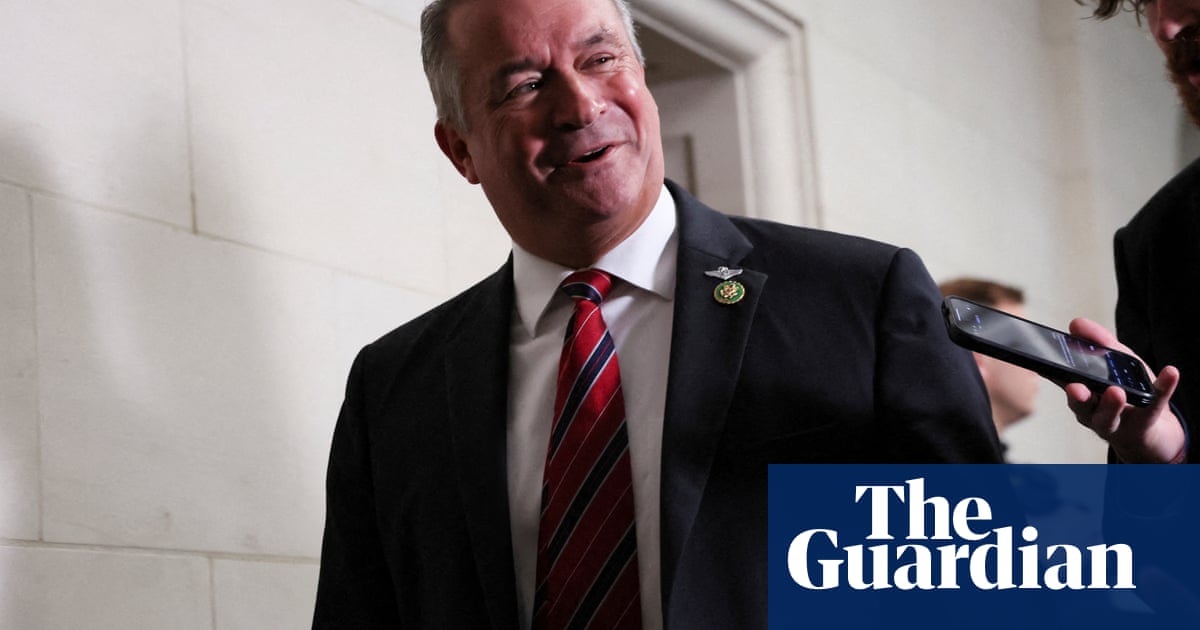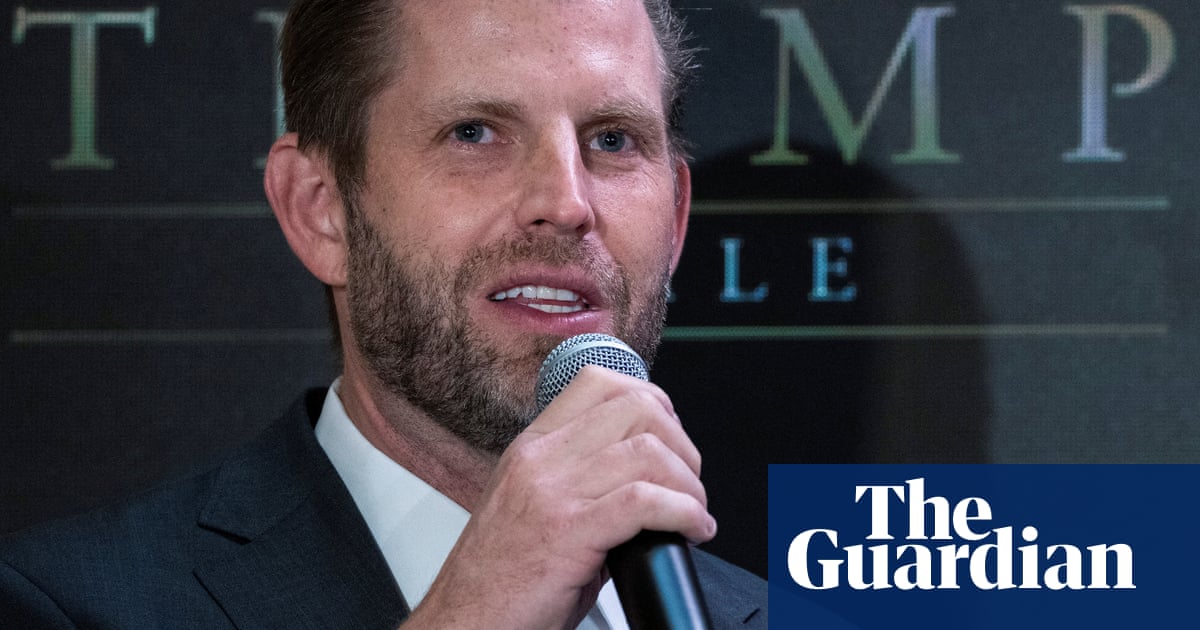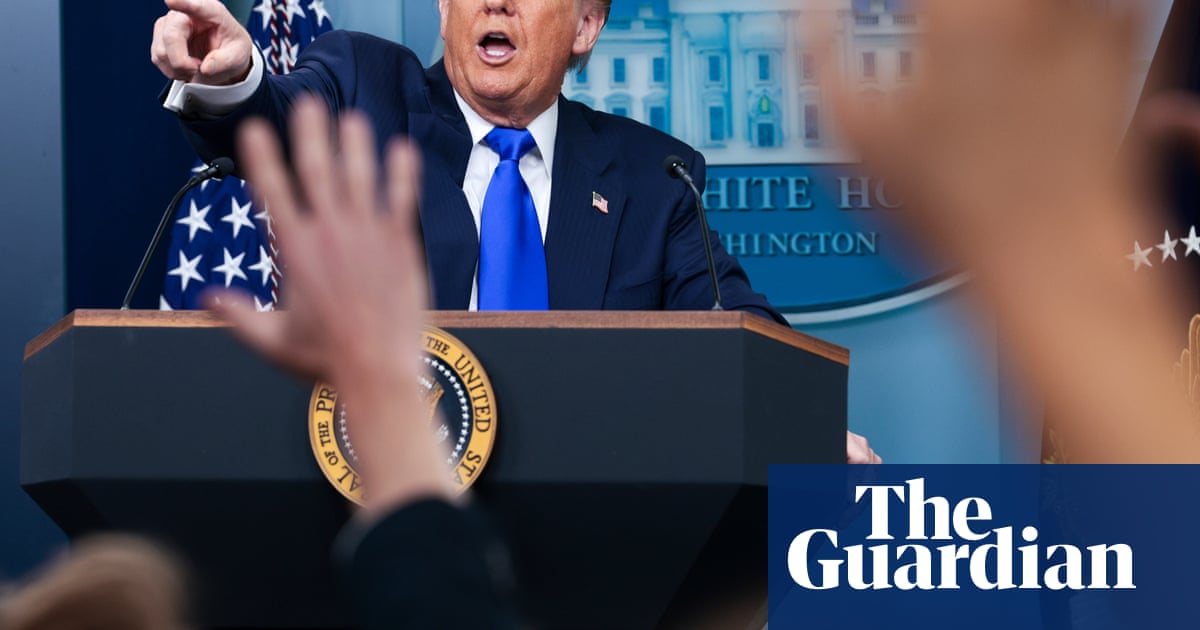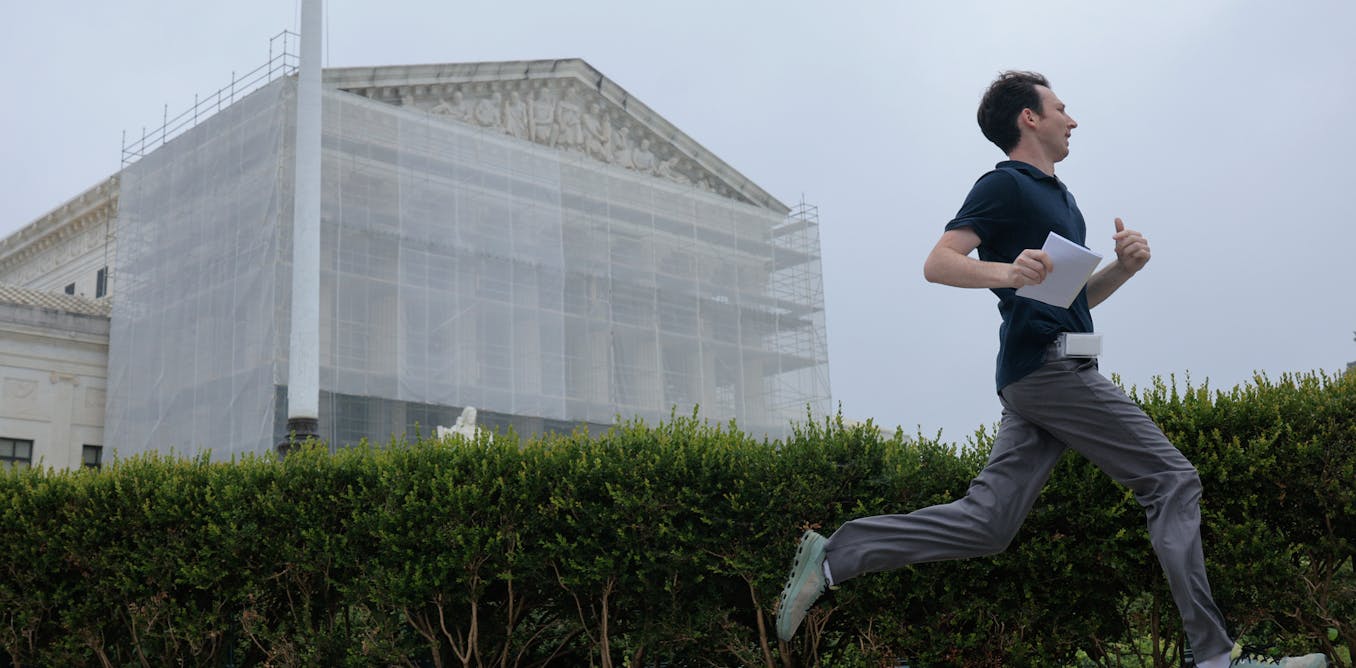In a tremendous upset of politics as usual, Zohran Mamdani, a 33-year-old brown, Muslim, Democratic socialist who had little name recognition in February beat the poster boy of the Democratic party establishment, Andrew Cuomo, by a plurality of votes in the first round of the Democratic primary for mayor of New York City.
What makes this win even more remarkable is that Mamdani has refused to back down from his vocal support for Palestinian liberation, a position that has long been a death knell for candidates within a party whose establishment is unabashedly pro-Israel.
Mamdani’s victory shows that his support for Palestine is not a liability, nor irrelevant to his mayoral campaign. In fact, Palestine has moved to the heart of domestic politics thanks to an organized, grassroots movement of Palestinians and allies, students and activists, that paved the way for this mayoral win.
Over the course of the last two years of genocide, protests and social media activism has shifted the national discourse around Palestine. A Quinnipiac poll has found that sympathy for Israel has reached an all-time low, with Pew showing that over 71% of Democrats aged 18-49 have a negative view.
On Wednesday, the day of the Democratic primary (as well as the hottest day New York has seen in over 13 years), I stood on the corner of 146th Street and Amsterdam Avenue, trying to convince New Yorkers to rank Mamdani on their ballot. One of the leaders of our canvass was a student who was doxed for fighting for her university’s divestment from Israel alongside Mahmoud Khalil. Later that evening, after Cuomo’s concession, Mamdani’s campaign manager thanked Jewish Voice for Peace, whose chapters are integral in organizing against Israel’s genocide and apartheid, for its early endorsement of his campaign.
While Cuomo was rich in money, receiving $26m in Super Pac funds as opposed to Mamdani’s $1.8m, Mamdani’s wealth was in the people already organized on issues of progressive politics, including Palestine.
The Mamdani campaign’s “joyous” ground game, tens of thousands of people who volunteered to knock on over 1.6m doors, is not simply a story of individuals being organically moved to action by progressive politics or a charismatic candidate. It is instead a story of people who have for years been organizing to oppose an electoral system that marginalized them, who saw Mamdani as an alternative to “elected officials [who] endorse or overlook genocide” whether they organized through ethnic organizations like Desis Rising Up and Moving (Drum) or the Democratic Socialists of American (DSA).
This is not a campaign that can be recreated with any fresh face, or just any economically progressive platform. Bernie Sanders is wrong to say that Kamala Harris would “be president of the United States today” had she simply had a platform geared towards the working class, and focused on knocking on doors.
People came out for Mamdani because he rejected a party machinery whose establishment candidate, Cuomo, was literally part of Benjamin Netanyahu’s legal team. It mattered that Mamdani started his college’s Students for Justice in Palestine chapter. It mattered that Mamdani said he would arrest Netanyahu, that he’d disband the Strategic Response Group of the NYPD, which I’d watched brutalize my City college students as they protested. People came out to campaign for him, rain or shine, because he refused to decry the phrase “Globalize the Intifada” even as he endured vile smears and a death threat for it.
If the mayoral race is a referendum on Israel, there was a record turnout for Mamdani. People who had not voted in prior elections showed up to the polls, with Mamdani winning in deeply Hispanic and Asian areas, and doing extraordinarily well among young people of all races. Polling showed him second among Jewish voters.
Mamdani’s victory in the Democratic primary, however, is just one big step in what will continue to be a tough mayoral race. Perhaps the largest threat this campaign will face is the pressure placed on it by the pro-Israel machinery of the Democratic party. The senator Kirsten Gillibrand suggested he may be a threat to Jewish New Yorkers, Laura Gillen, a congressperson, called him “too extreme” and Tom Suozzi, another congressperson, said he had “serious concerns” about his campaign. Mamdani is reportedly scheduled to sit down for meetings with Chuck Schumer and Hakeem Jeffries, who have so far declined to endorse him.
Mamdani is also being targeted by the right. In a grossly racist action, the Tennessee Republican Andy Ogles called for Mamdani to be denaturalized and deported, posting on X “Zohran ‘little muhammad’ Mamdani is an antisemitic, socialist, communist who will destroy the great City of New York.” And even as she called his campaign “unique” and “smart”, Marjorie Taylor Green retweeted an AI-generated image of the Statue of Liberty covered head-to-toe in a black burqa saying, “This hits hard.”
Mamdani’s very identity is a challenge to a two-party system that has normalized anti-Muslim hate, and through its prism anti-Palestinian repression and genocide. Trump began testing his mass deportation policy on the Palestinian students who led the movements that made the Mamdani campaign possible, including by kidnapping and imprisoning Khalil, the negotiator for the Columbia encampment. Trump justified his travel ban, which Mamdani’s home country Uganda may be added to in the coming months, as part of fighting antisemitism.
What his pathway to victory in the primary shows is that his continued strength, and that of any other candidate hoping to secure a similar victory, will not rely on political endorsements. Instead, it will rely on him staying true to the authenticity that made this campaign resonate with millions of people in New York and around the world.

 German (DE)
German (DE)  English (US)
English (US)  Spanish (ES)
Spanish (ES)  French (FR)
French (FR)  Hindi (IN)
Hindi (IN)  Italian (IT)
Italian (IT)  Russian (RU)
Russian (RU)  4 hours ago
4 hours ago
























Comments